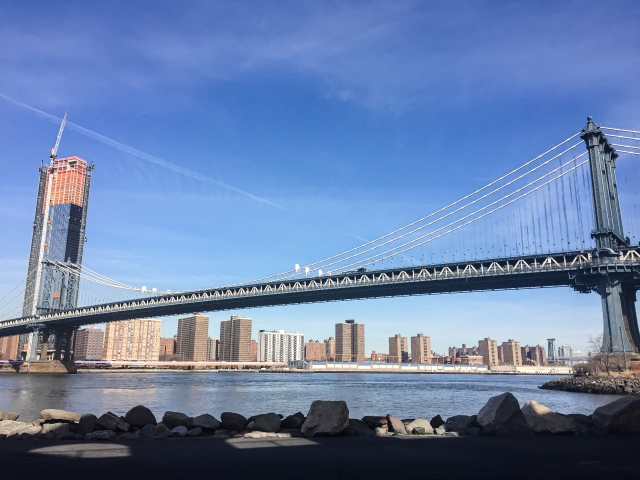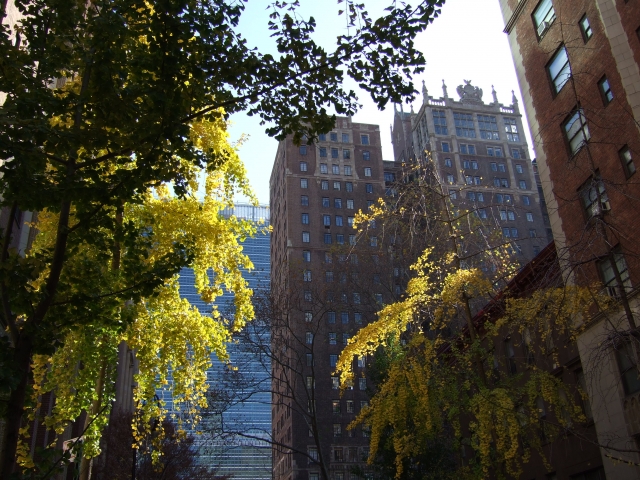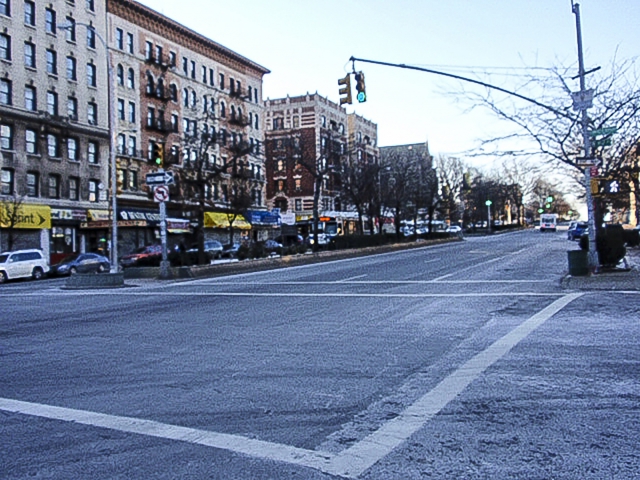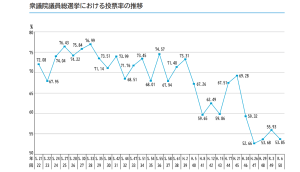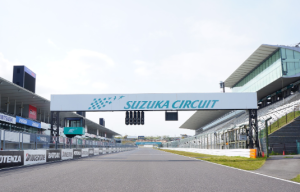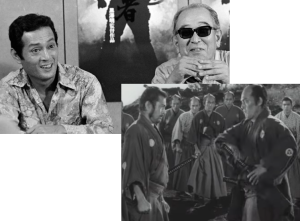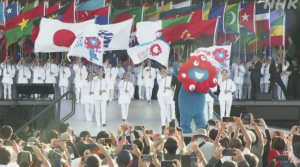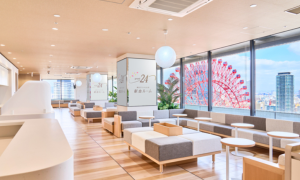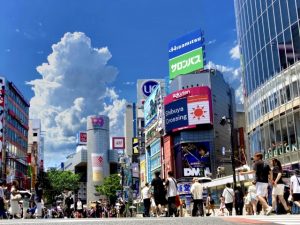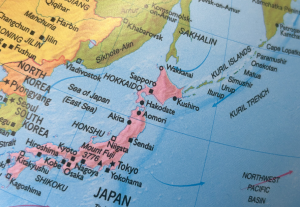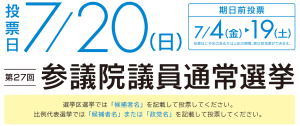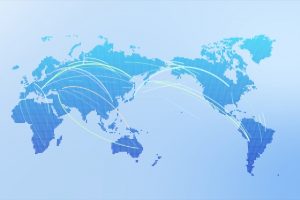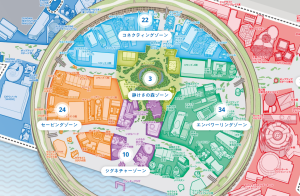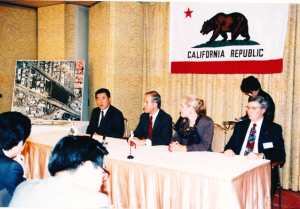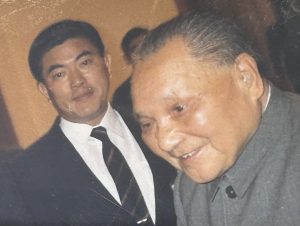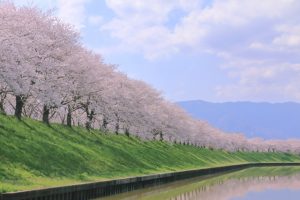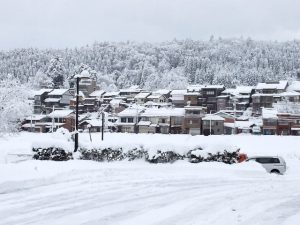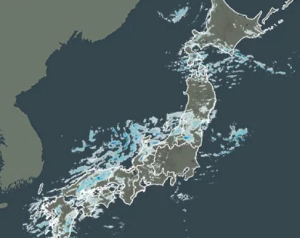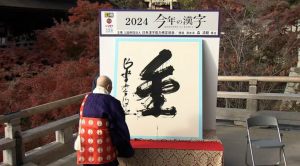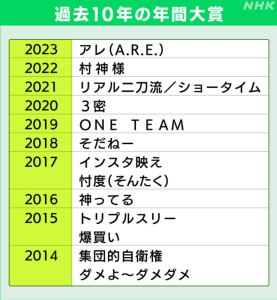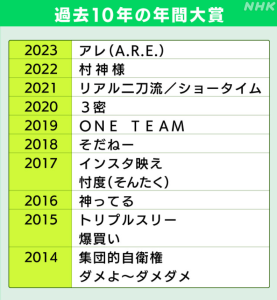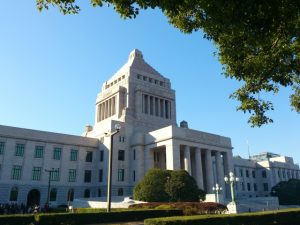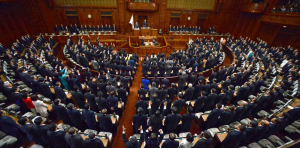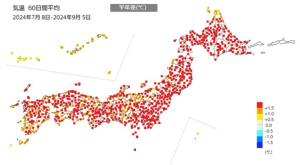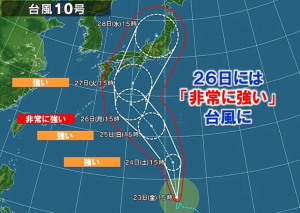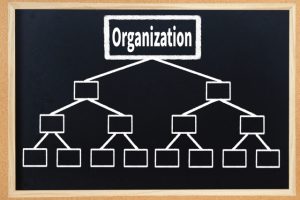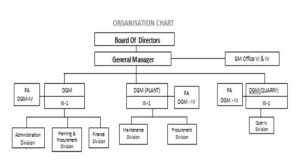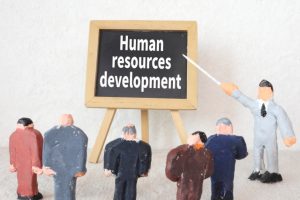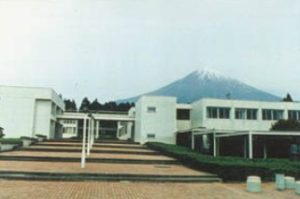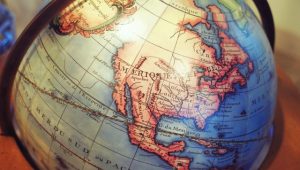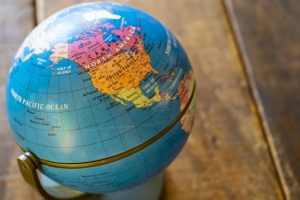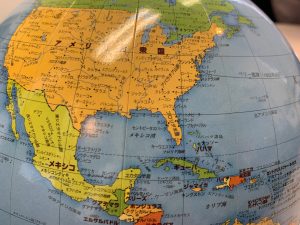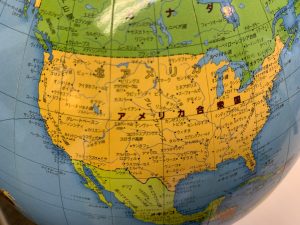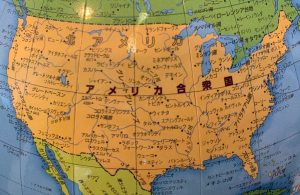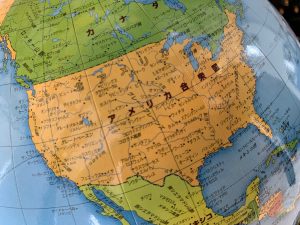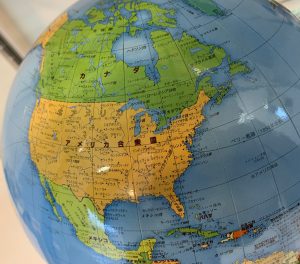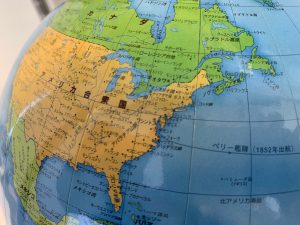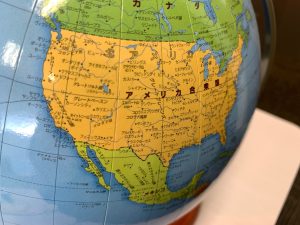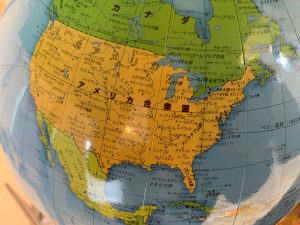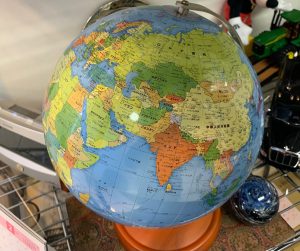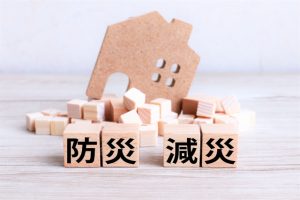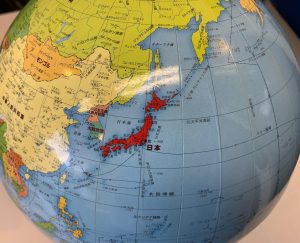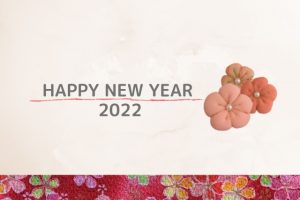Re: Looking back over my life and business in the United States(5) March 25, 2022
What I had to be done after I obtained my social security number was to decide my house where my family would live.
New York City has five boroughs, namely, Manhattan, the Bronx, Brooklyn, Queens, and Staten Island. In this connection, an area of Manhattan is almost equal to the inner part of the Yamanote Line in Tokyo, and it is an island surrounded between the Hudson River and the East River. It is said that the Dutch bought Manhattan equal to 24 dollars from American Indians in 1626.
Finally, I decided to live in the Bronx. My decision is just because that in those days, there were no Japanese language school in Manhattan Island, and a lot of Japanese representatives were living in the Bronx. I think that Japanese people tend to support each other even if their place of work is different in overseas countries. My living place was the 14th floor of high-apartment building located at a diverging point between the Hudson River and the East River, a little bit north of Manhattan Island.
By the way, in Japan it is a common wording that “I am living in a mansion”, but mansion is a made-in- Japan English. This word is surprising for American people. In English, a mansion means “a large or palatial residence”. In spite of high-class one, if it is rented, it is called as apartment, and it is called as condominium if it is a house and lot.
In order to “fit into the local society”, it is ideal that I live in a detached house and get along with the neighborhood. However, I chose an apartment, because a representative often stays away from home due to business trip, and has to consider security, the risk of being sued for falling to the ground in front of a house due to snow, or the risk where merchants do not come to repair even if waterworks, electrical appliances or toilets are broken down.
Well, my daughter, at the age of three, entered nursery school right after I went to the United States. She seemed to look forward to “entering there as soon as possible” when she looked at nursery school children passing in front of my house in Japan. But, around on the third day since commuting to nursery school she did not move by lying on her back in front of the door even if it was time to go to nursery school. It was refusal to go to school. The reason for refusal was that “she could not understand at all what her teacher said”. In those days, children born in the United States and children coming from abroad yesterday were treated equally. Therefore, she did not know how to tell “ she wants to drink water” or “she wants to go for a pee”. However, while I forced her to go to school, she was eager to learn English from her ears in her own way, and after a while she made friends. I had an experience that I asked her to “pass me the butter” when I ate breakfast, and she replied “Your pronunciation of butter is poor, and her teacher pronounces differently”. And when she returned to Japan 5 years later, she suggested that “she did not want to return to Japan” in turn. I was surprised at adaptability of a child, and at the same time I realized that language has to “be learned by ears and spoken” for a start rather than reading, writing and grammar.
In the United States, a national anthem “Stars and Stripes Forever” is sung in unison by putting their hands on their chest, standing in front from day to day at the hours of starting every morning at school from childhood. And teachers do not speak unilaterally, and teaching is two-way communication style. There might be changed recently in Japan, but in days of old “what teachers give lessons in is solely correct” and “listening without a word” was a good student. Because of that, Japanese seldom asks a question at the lecture even if they grow up. Japanese style may fit in human resources training for the convoy system or a certain degree of homogenized persons. But as a result, Japanese is no good at accepting different things.
On the other hand, in the United States debate or free discussion is the main of teaching based on non-correct answer or case study from childhood. This develops their diversity by coming in contact with various ideas, way of thinking and point of view. And the United States puts emphasis on “finding and building on their strengths rather than remedying their weak points against their will”. It is sometimes asked “why ingenious companies such as Apple or Google are not born in Japan?” and in this background there may be an education system from childhood.
■■(P.S.) Russian invasion to Ukraine
Since the end of the Cold War in 1989, peace and stability in the world have been maintained without waging war by major countries. Therefore, globalization of world economy has moved forward quickly, and world trade has expanded quite smoothly. However, Russia suddenly invaded Ukraine like turning the clock back on February 24. Ukraine has turned into a scene of battle now, and a lot of precious lives including young children have already been deprived, and terrific destruction is under way.
This outrage by Russia will bring the return of the Cold War structure, and the existence of China, which has gained power as major military and economic power for the last 20 years, is adding now. I think that the world situation is taking on a very complicated aspect, and it will take a long time to be normalized.
World economy still can’t escape from the influence of pandemic called coronavirus, and I am worried that sudden rise of resource prices including oil price and inflation caused by clogging of supply chain will speed up further due to severe economic sanction against Russia.
Such international situation has an effect on finance, trade, shipping, airline, and logistics industry in the world, and the activity of companies going into foreign countries begins to be restricted. As a result, globalization related to overseas investment, tourism and so forth has to be reviewed, and the prospects of world economy becomes very uncertain. It is necessary for business management to be fully cautious about these matters.
